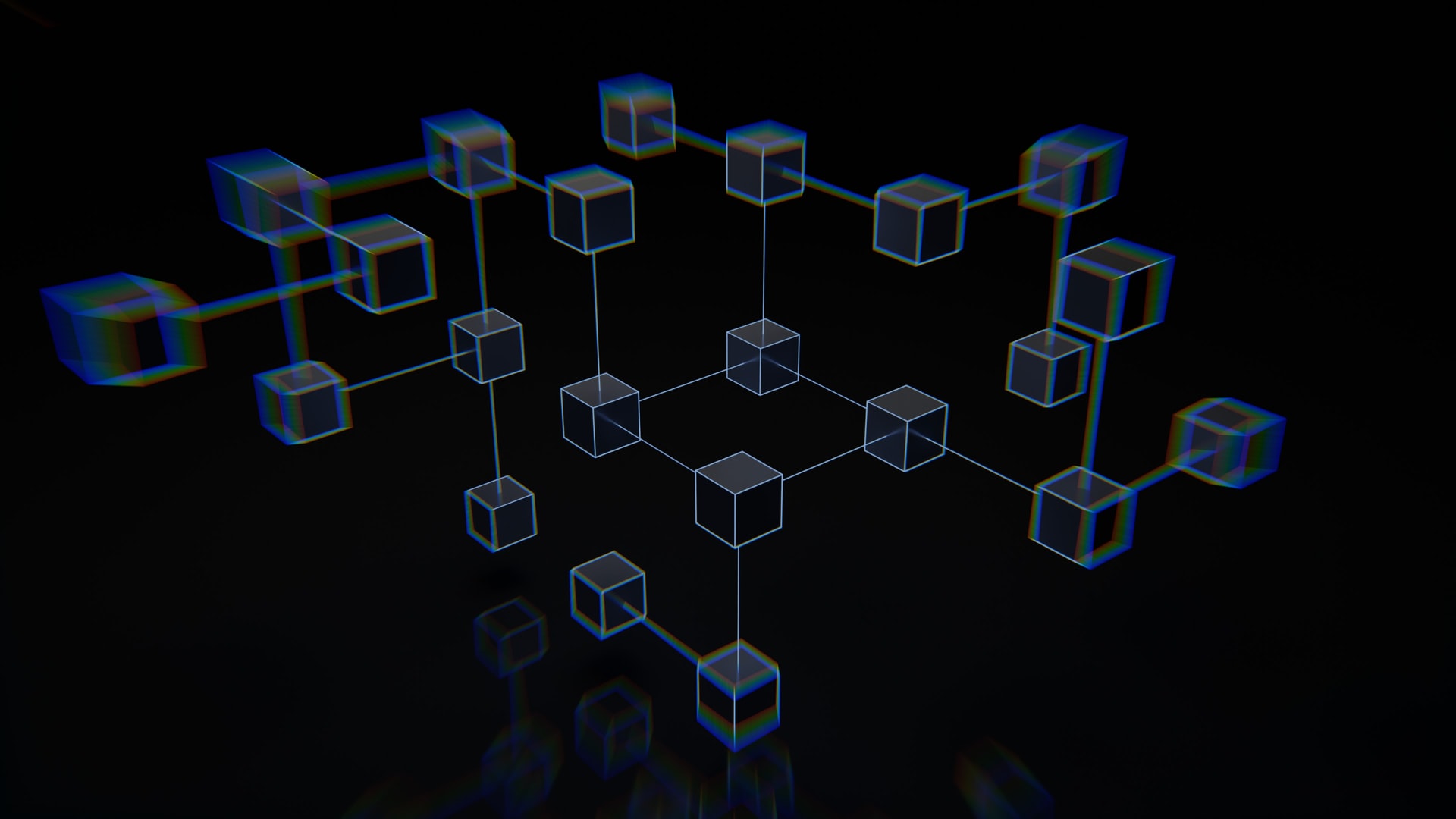Not just crypto – Blockchain uses you might not have heard of
 Blockchain is more than just Crypto. Photo by Shubham Dhage on Unsplash
Blockchain is more than just Crypto. Photo by Shubham Dhage on Unsplash
More than just crypto
Whether you think cryptocurrency is the future of money or the biggest bubble since the tulip mania, we can all agree that news about crypto is seemingly inescapable. The Terra/Luna crash, warnings about the riskiness of crypto trading, and even countries adopting Bitcoin as legal tender – these are just some examples of how crypto is everywhere.
Look beyond the headline-grabbing element of cryptocurrency, however, and you’ll find an underlying technology that holds greater potential than simply digital currency – blockchain.
Indeed, deeper exploration will reveal that blockchain technology has been powering several impactful applications that unfortunately haven’t been met with the same level of interest as crypto.
Coordinating aid for millions
When a crisis hits, assistance – food, shelter and other necessities – usually flows in from different organisations whose efforts overlap.
Building Blocks, a blockchain network, enables collaboration and real-time information sharing in an environment where all members have equal say and responsibilities. Organisations are able to coordinate humanitarian action and improve efficiency and impact.
Over US$325 million worth of aid has been distributed using the network, benefitting more than a million people a month.
Tracking vehicle emissions across Europe
With the growing effects of climate change, reducing the environmental impact of motor transport has become all the more pressing. A current stumbling block is the inability to gauge vehicle carbon emissions accurately because a standardised measure cannot be implemented across borders and jurisdictions.
To solve this issue, the Europrean Commission partnered with MOBI, a technology provider for internet-connected vehicles, to test a blockchain solution for the European Union’s 280 million vehicles across 27 states.
The pilot found that sharing vehicle information such as fuel consumption or emissions to a blockchain system is feasible. Such data will empower officials and other stakeholders to come up with policies and incentives to reduce the carbon footprint of vehicles.
Verifying registered business information in Singapore
All business dealings come with due diligence that has to be done on potential partners. As such, a trusted repository of information on companies is needed.
The Accounting and Corporate Regulatory Authority (ACRA) TrustBar platform enables the public, including would-be investors, to verify information like a company’s name, directors, and office address.
This information is kept on the blockchain, allowing it to be checked in real time and making tampering or inaccuracies very unlikely.
Validation of COVID vaccination
Travelling nowadays requires quite a few medical documents such as COVID vaccination status, swab results, and other certificates.
HealthCerts – developed by GovTech in collaboration with the Ministry of Health – uses blockchain technology to provide verifiable and tamper-proof digital health documents.
Travellers can upload their digital documents and upon successful authentication and endorsement, will receive a digital certificate containing a QR code. These digital certs are recognised by overseas immigration checkpoints.
Livestock identification in South Africa
How do you know if the food you’re eating really comes from its purported source and really passed its safety tests?
BeefLedger, a blockchain project in South Africa, seeks to address concerns of food fraud and safety concerns. Besides providing a platform for consumers to validate beef products’ credentials, it also enables all parties to access the same information, levelling the informational playing field. The over 22,000 beef cattle producers across South Africa hope such transparency and adherence to public standards will build trust in their products and help in their push to break into new markets.
Crypto beyond speculation – rewarding the setting up of data hotspots
Our final example touches crypto, but not in the world of speculation on the financial markets that we are familiar with.
Helium, is a wireless data network that encourages the public to set up so-called “Helium hotspots” that share their internet connectivity. When you do this, Helium rewards you with its own cryptocurrency. The more people connect to and use your hotspot, the more crypto you get.
The company is striving to spread internet connectivity and enable more devices to be connected as the internet of things becomes increasingly common.
Blockchain is just getting started
Whatever the use case for blockchain right now, one thing is for certain – things are just getting off the ground and there will likely be future uses that no one has thought of today.
After all, regular folks first started connecting to the internet, it was hard to imagine things like social media and online gaming. Yet here we are today.
So even if you’re (rightfully) cautious about the whole hype about cryptocurrency, it’ll still be wise to keep your eyes on the development of blockchain technology.
https://www.tech.gov.sg/media/technews/blockchain-uses-you-might-not-have-heard-of
